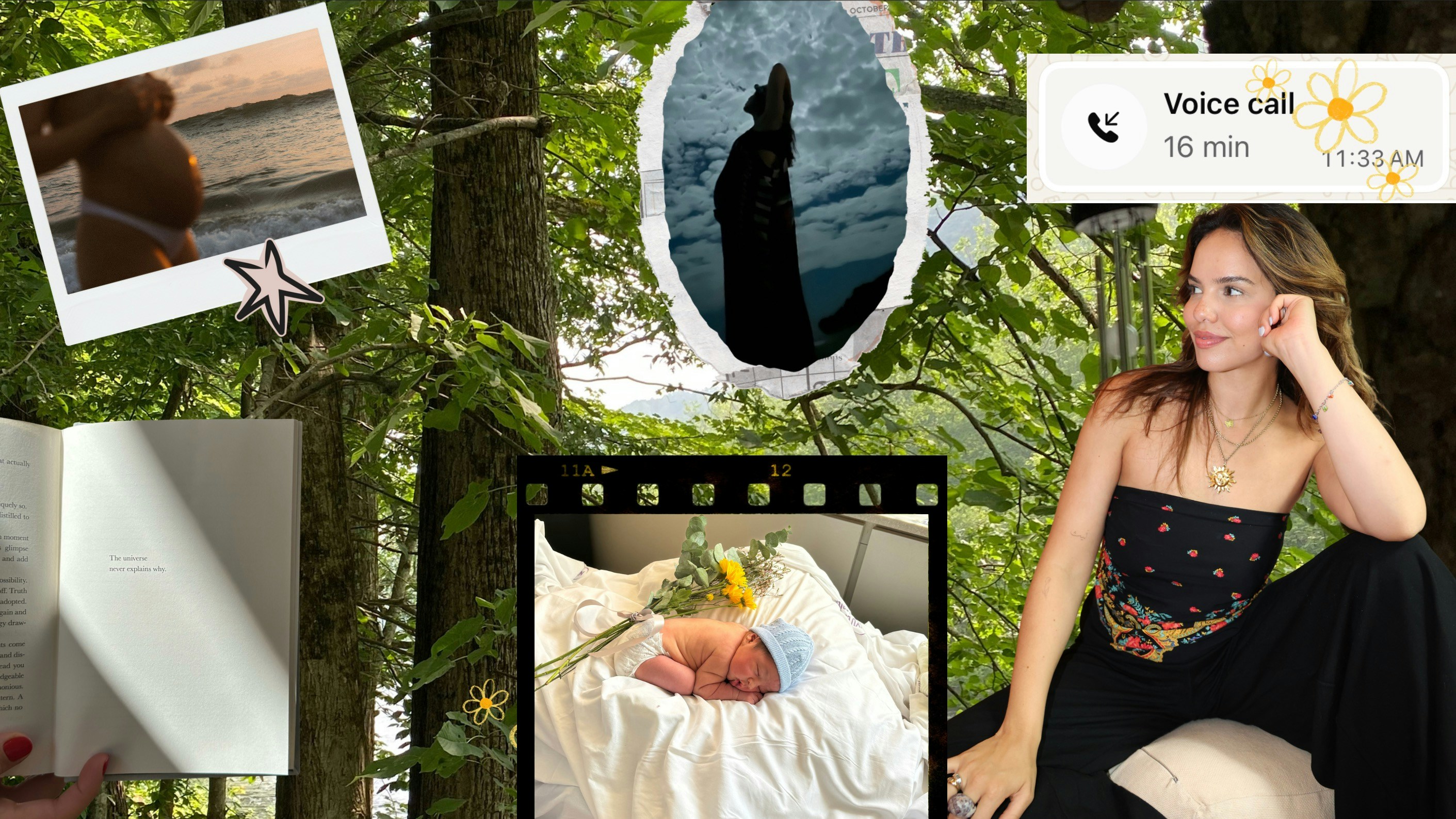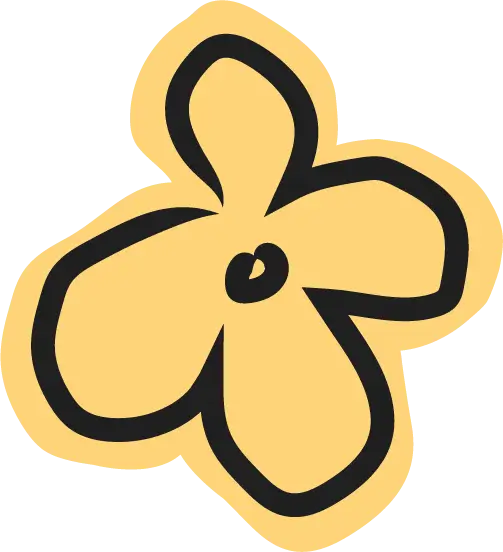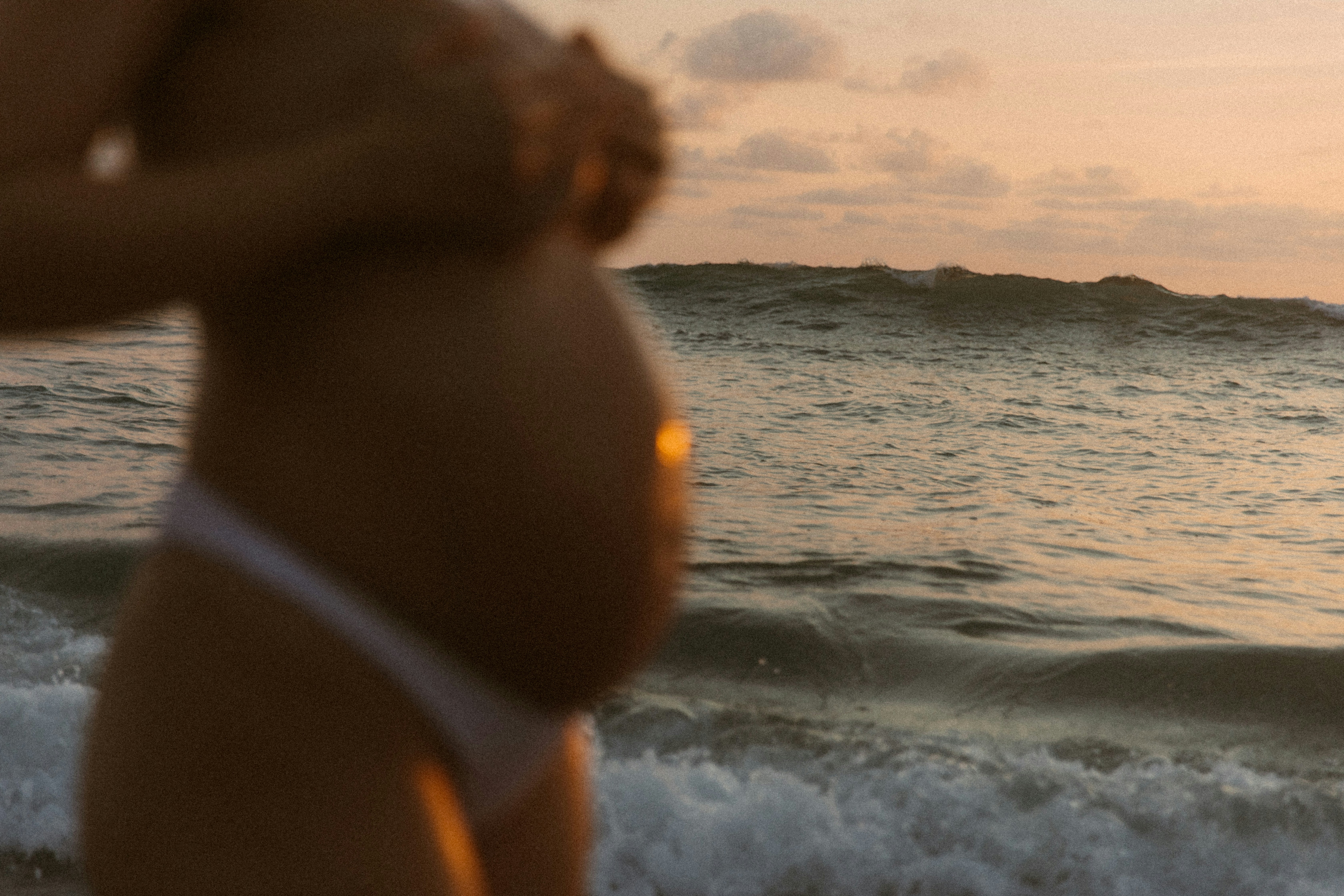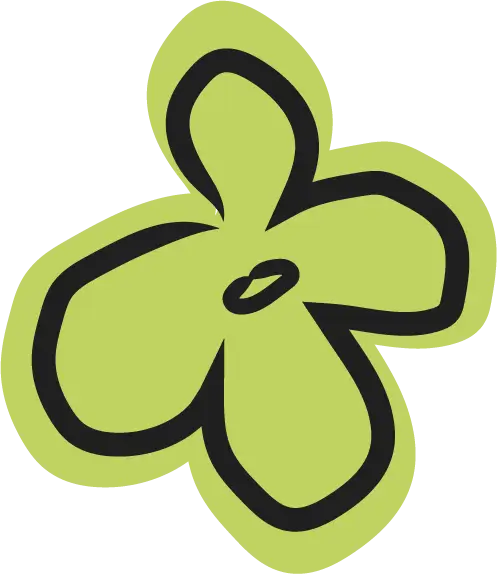
My Best Friend Broke Up With Me
Words by Sara Awada
When I was three months pregnant, my closest friend began to ice me out.
At first, I couldn’t tell what was happening. She would become slow to respond, vague, and distant. We were both going through a lot of change, but only now — eighteen months postpartum — can I clearly see: she was letting me go. This breakup wasn’t direct. It was slow, painful, and unclear. There was no care in the severing of our relationship. She offered no conversation, no chance for closure. She just gradually disappeared.
This remains the most intense experience of abandonment I have ever known—and it unfolded neatly in step with my motherhood initiation journey, set against the backdrop of falling bombs on our shared homeland of South Lebanon.
We initially met at a mutual friend’s house party, and then ran into each other again at a block party a few years later. We had only chatted briefly the first time, but during that second run-in, she mentioned she had just moved to New York. Only a couple of blocks away from me. She was edgy, beautiful, mysterious. I was excited. I had a gut feeling we would be friends.
We set up a hang for the next week. We met in the East Village and, after a drink, ended up running through the pouring rain to a friend’s music performance. Everything about that night was spontaneous. A fiery spark. We covered fifty topics in one evening — and when we didn’t close the loop on a conversation, we didn’t mind. We knew this wouldn’t be the last time.
We picked up Thai food, went back to my place, and sat on the living room rug talking past midnight. The next day I remember thinking: Did I just make an adult best friend? Something so rare the older we get.
Sure, we could be intense and a little witchy (a lot witchy), but there was levity, too, so much spontaneity, like that first time. Once, I asked her to join me on a retreat abroad with just a few days’ notice. She said yes, without much other information. It ended up being one of the greatest experiences of our lives. Our bond grew deeper quickly, and she became the person, aside from my partner, with whom I spent the most time. This was a friend with whom I shared, grew, created, roadtripped for hours, singing at the top of our lungs. She was like a sister to me.

"Everything about that night was spontaneous. A fiery spark. We covered fifty topics in one evening — and when we didn’t close the loop on a conversation, we didn’t mind. We knew this wouldn’t be the last time."


We moved through the world together — saying yes to the same adventures, leaning on each other, without needing to explain much. We traversed deep spiritual terrain, too. It was the kind of bond that felt rare and rich.
Although she was reserved by nature, as our friendship evolved, I could feel her letting loose little by little. But her mysterious nature never fully went away. And if I’m being honest, sometimes I wondered what I wasn’t seeing.
And then, eventually, it all came to a stop. I told her I was pregnant, and she seemed happy for me. We hosted a retreat together, and all seemed to be going well. By all accounts, the retreat was a success, with everyone who attended sharing how meaningful the weekend had been. But a few days later, seemingly out of nowhere from my perspective, I received a message from her saying she needed to move at her own pace. When I reached out to understand, her replies grew slower, sparser — until, eventually, there were none.
In some ways, the way she went about it was worse than the ghosting. She would vanish for weeks before returning with a little life update, as though nothing substantial changed. Just enough for me to wonder if this was simply a natural case of growing apart. Looking back now, I see she had made the decision to end our friendship on her own and decided that we would not be part of each other’s next chapters. But I hadn’t gotten the memo.
Five months later, my sister planned my baby shower and I toyed with the decision to reach out to her. I broke the silence, one last white flag.
I tried not to assign intent to her withdrawal, but I needed to know: Was she gone for good? Was there something we needed to clear?
Her response was to schedule a call like it was a business meeting. 16 minutes. She offered no clarity, and let me know she did not feel the need to. I did receive a follow up text to clarify that our current dynamic had run its course.
I remember exactly where I was sitting, 8-months pregnant. I sunk heavier into the couch. The whole thing was so cold.
Where we come from, we say “may Allah lead you to a safe finish”, an Arabic blessing (loosely translated), wishing for safe delivery. You would say this to a stranger. There was none of that. It was over and out.
—


While all this was happening, my homeland was being invaded. I watched videos of our town being demolished, including our historic family home. Families displaced, amputee children, babies starved. It was too much to hold in a single human body. I would curl up on the bathroom floor, sobbing, pregnant belly heaving.
Well-meaning people told me to stop crying. The baby can feel your sadness, they said. But as a somatic healer, I knew: repressing tears is far more dangerous than feeling them. So I cried. I wept. I wailed for days. And still, her silence hurt in a way that nothing else did. At a time when everything was changing, I thought this would be a constant. Instead, I felt discarded. It felt punitive.
—
To this day, I have no clear answer why she chose to end our friendship and self-select out of my maternal journey. I have only my theories. There was always something unyielding about her. She could be generous in many ways, but emotionally, she withheld. For all the deep conversations we shared, I wondered what was so hard to say to my face. What was she processing in private about us, about me?
But clarity never came.
It’s inevitable to blame myself — that’s the nature of abandonment. You start to ask: What did I do wrong? Was I too much? Maybe I did offend her somehow.
We both work in spaces that value honest communication and compassion, which only made the silence more bewildering.
I felt naked. I had bared myself in this relationship.
But the cruelest part of this breakup wasn’t the ending — it was the absence of explanation. She made it clear she didn’t feel the need to offer one. Even when I asked. Even when mutual friends asked. She carried herself like this was normal — and there was nothing normal about it. It left me questioning my own reality.
I thought about her all the time. I wondered if any of the thousands of photos of us ever surfaced in her iPhone memories the way they did for me. Or if I crossed her mind any time she saw the books or clothes from our trips that we once passed between us. I wondered if she missed me like I missed her. I wondered if she ever thought about the human I made.
Everyone warns you of how much change this phase will bring but I never expected it to be so sudden.
"But the cruelest part of this breakup wasn’t the ending — it was the absence of explanation. She made it clear she didn’t feel the need to offer one. Even when I asked. Even when mutual friends asked. She carried herself like this was normal — and there was nothing normal about it. It left me questioning my own reality."



"In romantic breakups, there’s always a thought in the back of your mind that it could happen. In friendship, it can be so much harder. There’s nothing binding us, we simply trust."

In romantic breakups, there’s always a thought in the back of your mind that it could happen. In friendship, it can be so much harder. There’s nothing binding us, we simply trust.
One day, in the thick of it, my therapist — a woman in her 70s with four grown children — looked at me with the kind of knowing that only comes from lived experience and said, almost offhandedly, “oh honey, the people who get to have space in your life from now on need to have emotional generosity… you’re making a family.”
What revealed itself most wasn’t just the loss of the friendship, but the stark absence of care. Not once did she ask how I was doing, how the pregnancy was going. Her silence made it achingly clear: she couldn’t recognize the sacredness of this threshold I was crossing. And how could she? Some people — even those who’ve never mothered — instinctively understand it. But not everyone has the capacity to hold what they haven’t yet met in themselves.
Pregnancy is a liminal space. A sacred portal. A passage between who we’ve been and who we’re becoming. We shed identities. We outgrow illusions. We are invited — sometimes violently — to become more honest, more attuned, more whole.
Everything that happened during my pregnancy was expanding my soul for motherhood.
And so yes: the friendship ended. The war continued. The baby came.
He arrived with the very first spring bloom. Tulip season.
Life didn’t pause for grief. It insisted on continuing.
I rose with him every morning with a broken heart, baffled that life persisted.
My father once said to me while I was pregnant, “When you look into your child’s eyes, you will see the whole world.”
It’s true.
—



"When a friend I considered a sister walked out of my life without real explanation, I eventually came to see it as preparation. For holding my son’s hand one day through life’s inevitable heartbreaks. For what it means to witness war, as a mother, and ask again and again: What kind of world am I bringing him into?"
What do the destruction of my homeland and this breakup share in common?
In both cases, there is no closure. No choice. No clarity. No poetic resolution (hard as I’ve tried). Just loss.
But maybe the thread that binds them isn’t logic. Maybe it’s the absence of collective care.
My former friend had every right to leave. But was there not a more loving way to do it?
Pregnancy doesn’t soften the blows of life — it sharpens them.
It also doesn’t pause the world’s brutality — it highlights it.
It stretches us open, not just physically, but spiritually. Emotionally. Relationally. Everything rises to the surface. Every loss. Every grief. Every fracture.
When a friend I considered a sister walked out of my life without real explanation, I eventually came to see it as preparation. For holding my son’s hand one day through life’s inevitable heartbreaks. For what it means to witness war, as a mother, and ask again and again: What kind of world am I bringing him into?
And the answer that keeps returning: The kind we’re here to create.
Sara Awada is a trauma-informed embodiment guide based in Brooklyn. Her work is rooted in the feminine art of slowing down as a sacred path. She supports women awakening their sensual vitality from numbness and survival. Follow her upcoming retreats, somatic workshops, and private practice offerings @sarasuperslow